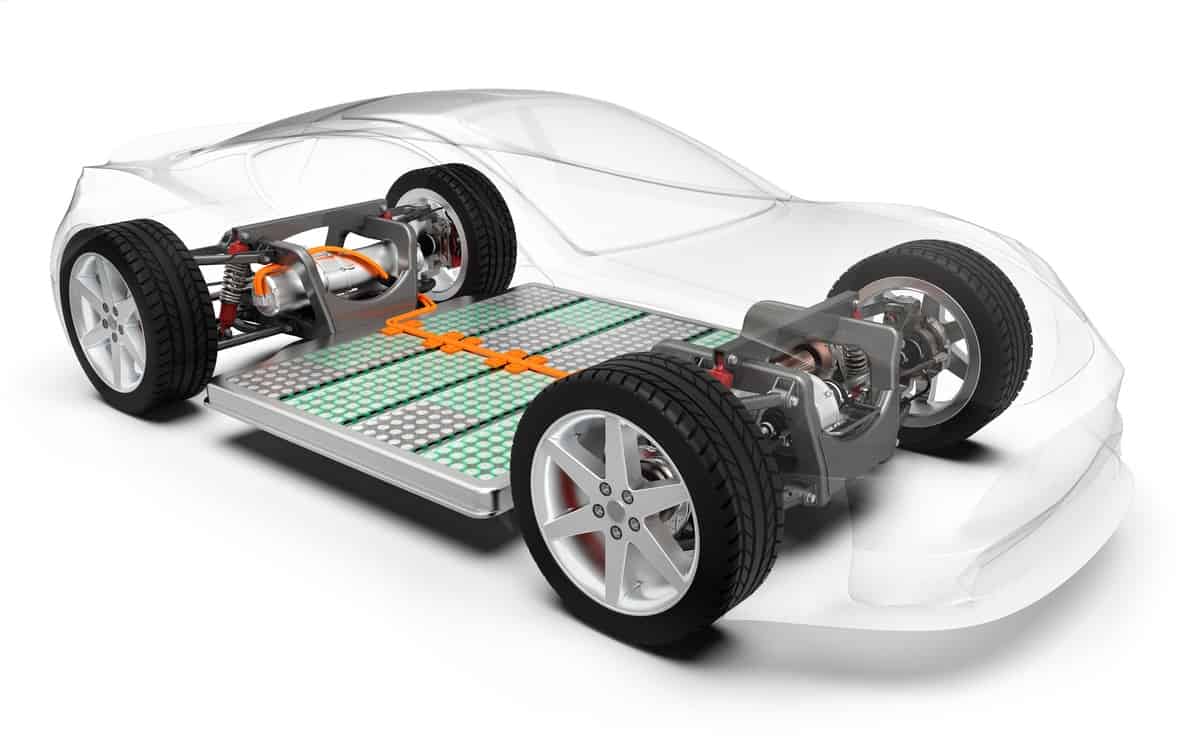Most electric vehicles used today are li-ion batteries based.
According to EVconnect, lithium-ion batteries are more energy dense than the lead-acid batteries found in internal combustion engines or rechargeable nickel-cadmium batteries in some hybrids. A li-ion battery’s high energy density produces more power for its size, making it ideal for an electric vehicle.
Factors affecting battery performance
The number of miles or recharges an EV battery can last depends on several factors, such as the battery’s capacity, the vehicle’s size and weight, and the driving conditions, including speed, temperature, and terrain.
Additionally, battery technology is evolving rapidly, and newer EV models may have better battery performance than older ones.
Estimates showed that EV batteries have a lifespan of 10-20 years before they need other replacements.
Some electric car buyers take out extended warranties to solve any fears of excess battery depletion, and it’s not particularly necessary. The batteries in all-electric cars sold in the US have been paid under contract for at least eight years or 100,000 miles.
Kia has covered the battery packs in its electric vehicles for ten years/100,000 miles, and Hyundai goes a step further by bumping it up to lifetime coverage, according to My EV.
“Consumer Reports rates the average EV battery pack’s lifespan to be around 200,000 miles, which is approximately 17 years of use if driven 12,000 miles per year. On the other hand, Tesla says it’s working on technology enabling its electric vehicle batteries last as one million miles, which is more than the rest of the vehicle might hold up.”
My EV
EV batteries degrade mainly due to temperature, cycle, and time. It degrades quicker if you overcharge or charge the battery at the wrong voltage. However, you can extend your EV battery’s lifespan with proper care. Fortunately, significant research, such as the one led by the University of Cambridge, may help create next-gen batteries & battery materials advancement.
Regarding the number of recharges, EV batteries have designs that can last several thousand charge cycles before significant degradation occurs. It can vary depending on the manufacturer and the specific battery chemistry. Still, typically, the batteries expect to retain at least 70-80% of their original capacity after 100,000 miles or more.
See Also:
- Over 15 international automotive brands currently testing StoreDot’s fast-charging high-energy battery
- New Cambridge research could enhance EV battery performance
- StoreDot’s EV battery achieves 1,000 extreme fast charging cycles
- Electric Vehicles: Extending Battery Life
- Study: EV batteries alone could meet short-term grid storage demand by 2030
It’s worth noting that battery degradation is typically gradual. Most drivers will notice a significant decrease in range once the battery has been in use for several years.

